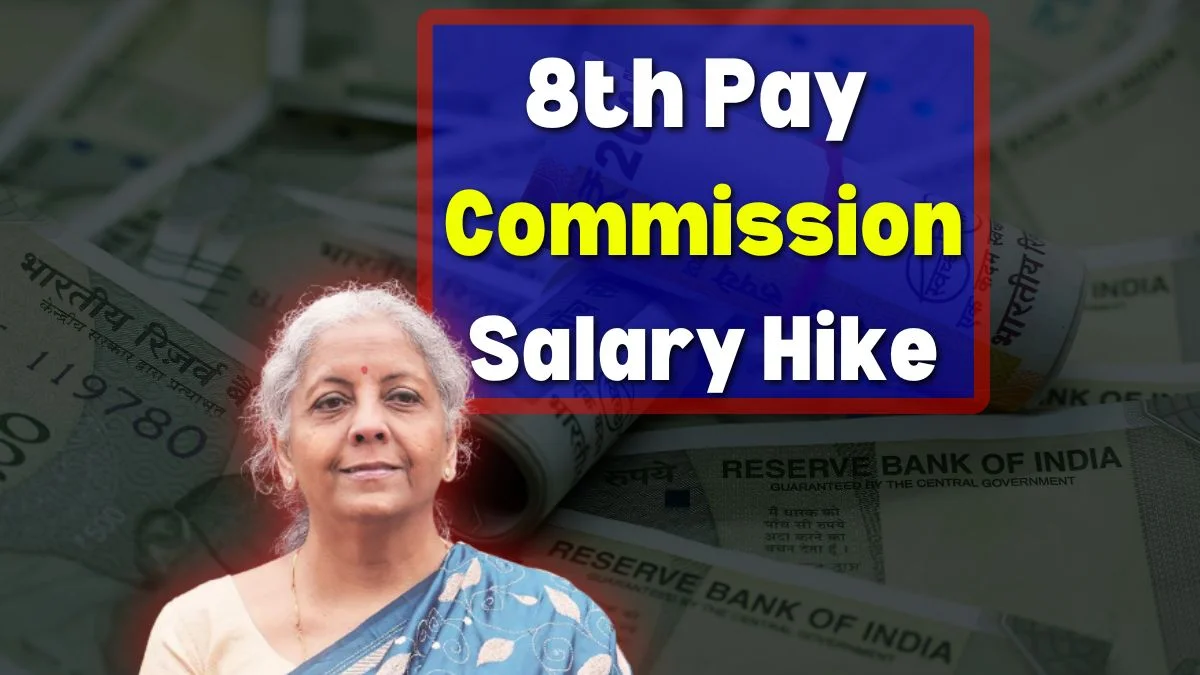The Central Government has approved the formation of the 8th Pay Commission, bringing hope to millions of government employees who are expecting a salary increase. The Pay Commission is responsible for reviewing and revising salaries of central government employees approximately every ten years. However, while many employees will see a significant pay raise, some will not be covered under this new pay revision.
Who Will Not Benefit from the 8th Pay Commission?
Not all government employees will receive a salary hike under the 8th Pay Commission. The following categories are excluded from its recommendations:
1. Public Sector Undertaking (PSU) Employees
Employees working in government-owned corporations and companies have a separate salary structure. Their wages are decided by their respective pay policies and boards, so they will not be affected by the 8th Pay Commission.
2. Autonomous Bodies
Institutions that function independently under government funding have their own salary rules. Employees in these organizations will not receive salary revisions through the Pay Commission.
3. Judges of the High Court and Supreme Court
The salary and benefits of judges are determined by separate laws and constitutional provisions. Since their pay structure does not fall under the Pay Commission, they will not receive any changes from the 8th Pay Commission recommendations.
Expected Salary Hike Under the 8th Pay Commission
For employees who are eligible, the salary hike will depend on two important factors:
1. Fitment Factor
The fitment factor is a multiplier applied to the existing basic pay to determine the new salary. Reports suggest that the fitment factor in the 8th Pay Commission could range from 1.92 to 2.86, leading to a major salary increase.
For example, if the current basic pay of a government employee is ₹15,500 and the fitment factor is 2.57, then the revised salary will be:
₹15,500 × 2.57 = ₹39,835
This increase will provide better financial security to employees.
2. Revised Allowances
Apart from the salary revision, several allowances may also be increased, such as:
- House Rent Allowance (HRA)
- Travel Allowance (TA)
- Dearness Allowance (DA)
These additional benefits will further improve the financial well-being of government employees.
Conclusion
The 8th Pay Commission will bring a much-awaited salary increase for government employees. However, employees of PSUs, autonomous bodies, and the judiciary will not be included. The expected fitment factor increase will determine the final salary hike, resulting in a significant jump in basic pay. Employees can look forward to better financial stability and improved living standards under the new pay structure.
